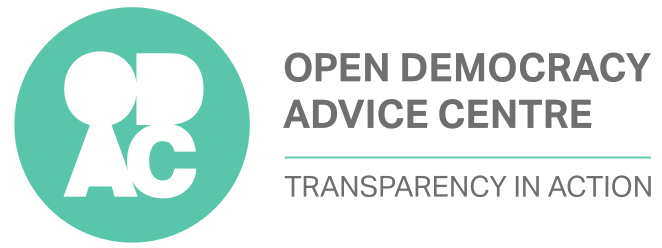Crime stats decision hailed
Quarterly release of crime stats hailed
09 June 2016
The Open Democracy Advice Centre (ODAC) welcomes the cabinet decision that crime statistics will now be released quarterly. South Africans are currently denied real-time access to information regarding the extent of crime in their neighbourhoods.
ODAC has always held the position that is not sufficient to have crime statistics released only annually and that information related to incidences of crime must be made available in real-time and available at local levels such as local police stations. Regular access to information on incidences of crime locally is critical in enhancing the people’s ability to take proactive steps to protect themselves from, and prevent further occurrence of, those crimes. It will unlock the ability of the citizens to better understand the types and extent of crime in their local areas and therefore be able to support law enforcement agencies and community groups in fighting crime more effectively. The challenge of creating and sustaining safer communities is not government’s challenge alone, but a challenge that should be tackled by government agencies working in partnership with communities they are meant to serve. The basis for such a partnership building trust and is a free flow of information is its cornerstone.
While the cabinet’s decision on quarterly release of crime statistics does not provide the basis for availability of crime statistics in real-time and hyper-locally, it is nevertheless a step in the right direction.
Released by: Open Democracy Advice Centre
Contact: Mukelani Dimba
Cellphone: 082 699 6586

